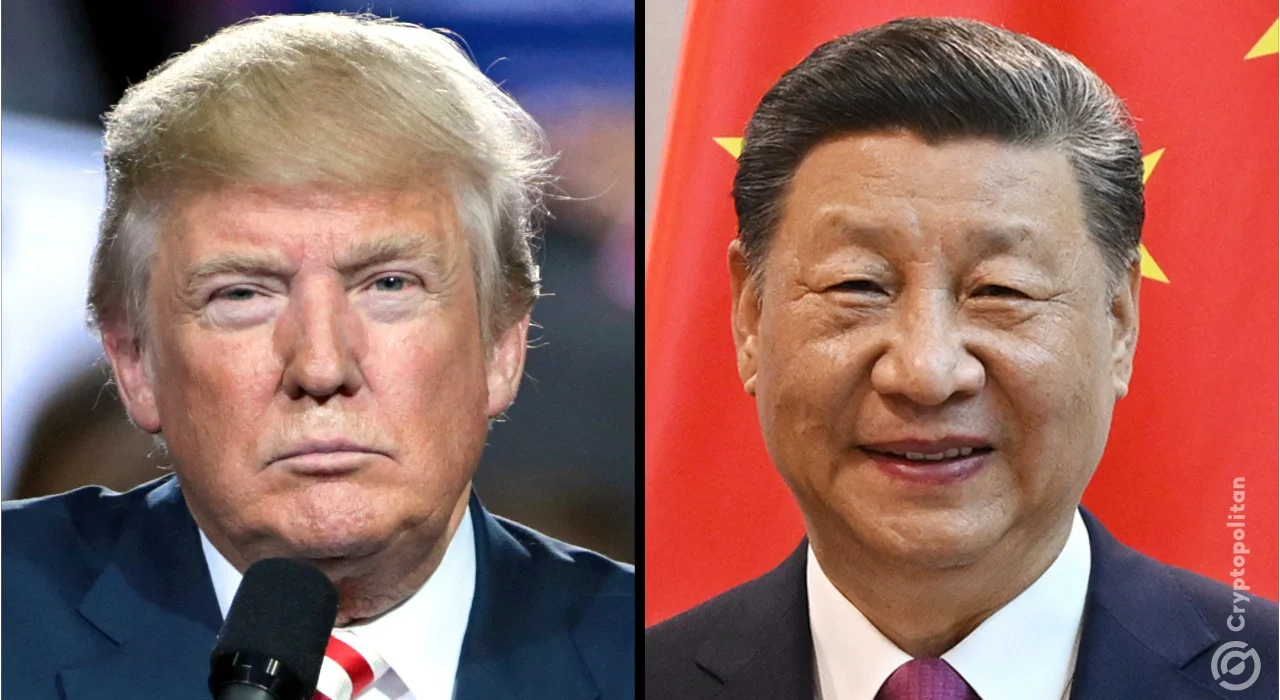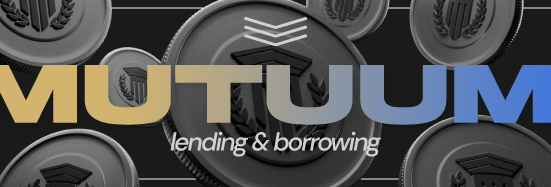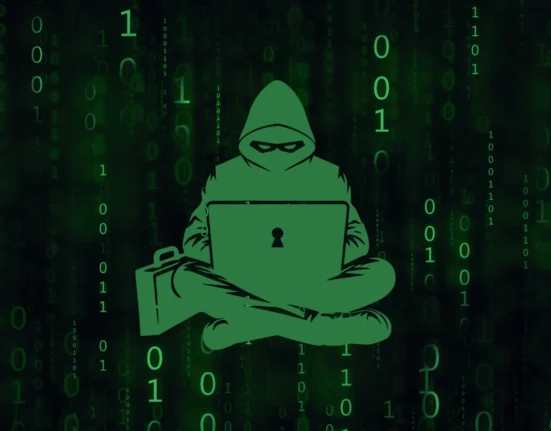China’s President Xi Jinping has declined President Donald Trump’s puzzling invitation to attend his second inauguration on January 20, as we predicted he would.
Jinping was never going to show up. The mere thought of the Chinese leader bundled up on the west front of the U.S. Capitol, nodding politely as Trump swore to uphold the Constitution, is frankly laughable.
The optics alone would be a nightmare, a direct clash with his image as a strongman steering China to superpower status.
Trump’s invitation came with zero political feasibility. But that’s just Trump on a typical Tuesday. However, even he must have known that Jinping appearing to pay homage to the United States and its democratic system would be entirely anathema.
This is an authoritarian leader who thrives on crushing individual freedoms. Jinping’s presence would be seen as tacit approval of America’s transfer of power, a concept fundamentally at odds with the Chinese Communist Party’s ideology.
Trump’s unserious foreign policy
President Trump has always been about dramatic gestures and breaking the mold. This move fits his pattern of tossing out the diplomatic playbook and doing things his way, regardless of tradition. It’s part of his charm.
He has also invited other world leaders to the inauguration, in yet another deviation from norms. His goal? To turn the event into a global spectacle.
Trump’s foreign policy team is stacked with hawks. Florida Senator Marco Rubio, tapped as Secretary of State, and Representative Mike Waltz, chosen for National Security Advisor, both see China as a multifaceted threat to America — economically, militarily, and technologically.
U.S.-China tensions keep rising
The backdrop to this latest drama is a U.S.-China relationship that’s spiraling into outright hostility, perhaps thanks in part to Russia’s President Vladimir Putin. The Russian leader appears to be close friends with Jinping and has gradually moved away from his cordiality with Trump.
Now China and America are at odds on nearly every front. Taiwan remains a flashpoint, with the former considering the island its territory and the latter maintaining strategic ambiguity about defending it. Military tensions are also high, with forces frequently clashing in the South and East China Seas.
China isn’t just challenging the U.S. directly, it’s forming alliances with other nations that oppose Western dominance. Russia, Iran, and North Korea are part of an emerging anti-Western axis, with Beijing playing a leading role.
In Washington, lawmakers from both parties accuse China of intellectual property theft, breaking trade rules, and attempting to undermine international law.
Amid this, Trump’s invitation to Jinping feels contradictory. The president-elect has spent years threatening China with crushing tariffs and accusing Beijing of ripping off America economically.
Yet, he has also praised Jinping as “tough” and “smart,” even calling him “my friend.” He gave him a shout-out just yesterday when he rang the Opening Bell on Wall Street.
The contradictions were on full display during a recent CNBC interview, where Trump said, “We’ve been talking and discussing with President Jinping… I think we’re going to do very well all around.” Moments later, he added, “We’ve been abused as a country. We’ve been badly abused from an economic standpoint.”
But as we’ve explored before, a full-blown trade war would hurt both countries. Higher import prices in the U.S. would strain consumers already grappling with inflation. On the other side of the divide, China could face severe economic vulnerabilities, including industrial overcapacity and weak household demand.
Despite these risks, Trump’s friendship with Jinping signaled a willingness to explore new trade deals. The Phase One trade agreement from his first term fell flat, with Beijing failing to meet its commitments. Trump has repeatedly blamed the COVID-19 pandemic for the breakdown, but there’s little evidence Jinping ever intended to follow through.
The “crypto president’s” foreign policy walks a fine line between genius and chaos, with just the right amount of silliness for us all to smile and shake our heads in pure amusement at every new headline. This guy really is a gift that keeps on giving.








